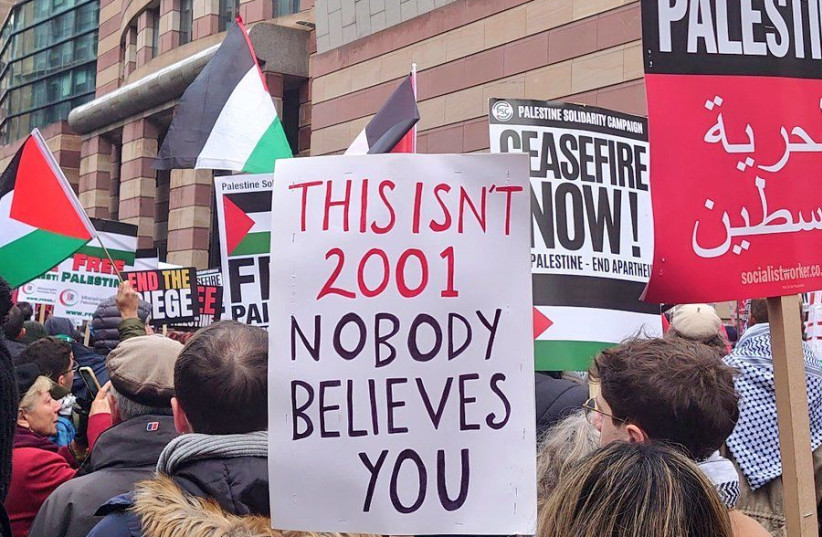When was the last time you heard the phrase “Abracadabra?”
My guess is that the last time you heard this phrase was in the context of a magic trick, a moment when sleight of hand was used to create a moment of wonder for the audience. Because abracadabra, in modern parlance, is a magic word, a charm, or an incantation that tells the listener that something transformative is about to happen. Abracadabra – a rabbit comes out of a hat.
Abracadabra – a new reality has been created.
Interesting etymology
The etymology of the word abracadabra has, by some scholars, been traced to Hebrew. In Hebrew, it correlates with the phrase ebrah k’dabri, meaning “I will create as I speak.” Through this translation, we are given the idea that the very act of speech, of words, is what creates new realities. It’s beautiful, it’s powerful, and it’s relevant. There is a whole school of thought centered around positive self-talk and the recognition that the words we use towards ourselves impact how we feel about ourselves, how stressed we are, and how satisfied we are with our lives.
Our words are powerful. They create the world in which we live.

Which may explain the visceral reaction I’ve been having lately to what seems to be the drumbeat of the moment. In the streets, in people’s mouths, in my social media feed: “From the river to the sea, Palestine will be free.”
Which river and which sea?
From the river to the sea is the chant that has become increasingly ubiquitous since the massacre of Israeli civilians by Hamas on October 7 and the subsequent war between Israel and Hamas.
As of this writing, it has been tagged on Instagram nearly 67,000 times and is a hallmark of protests, activism, and misinformation.
Videos abound of “gotcha” moments, where individuals chanting or holding signs that say “from the river to the sea” are asked the most basic of clarifying questions and cannot respond. When “Which river?” and “Which sea?” engender blank stares from the same people who are passionately crying out on their behalf, it calls into question how worthwhile it is to be upset and to feel threatened by these words alone.
And yet, with all the rationalism I can muster, I can’t help it. From the river to the sea... abracadabra.
Goodbye to Jewish self-determination. Goodbye, Israel.
The words that start on the fringes quickly become mainstream and work their way into societal understandings of how the world is or how it should be. If the world agrees, “from the river to the sea,” where does that leave me?
There's always a catch
To speak Jewishly, Zionistically, today means to speak with a lot of caveats. To clarify, yes, I am a Zionist, meaning I believe in the fundamental right of the Jewish people to self-determination in our ancient homeland, the land of Israel. And at the same time, that does not by any means negate the right of the Palestinian people to self-determination, free of the oppression of Hamas.
Of course, my heart breaks for every innocent life lost since the massacre on any side. I hold Hamas accountable for those lost lives, for the breaking of the ceasefire that was in place on October 6, for the savage taking of hostages and committing of crimes against humanity, for breaking my heart every day there is no news of over 100 innocent people being held in interminable darkness. And I’m dissatisfied with many choices the Israeli government has made before and after the start of the war while remaining unmoved in my belief that Israel is trying its best against impossible circumstances.
If Israel is home to me as a Jew and is home to my family in a literal sense and is the place where I want my son to flourish as the best version of himself, how can I react to “from the river to the sea?”
“From the river to the sea” is erasure. It removes any talk of two states or compromises or a reasonable path forward to a world that any of us can live in.
“From the river to the sea” has no room for the legitimacy of multiple claims to the land.
And if it’s said enough, without question and without pushback, abracadabra – this is the world our words will create.
The writer is senior director of Knowledge, Ideas and Learning at The Jewish Education Project.
